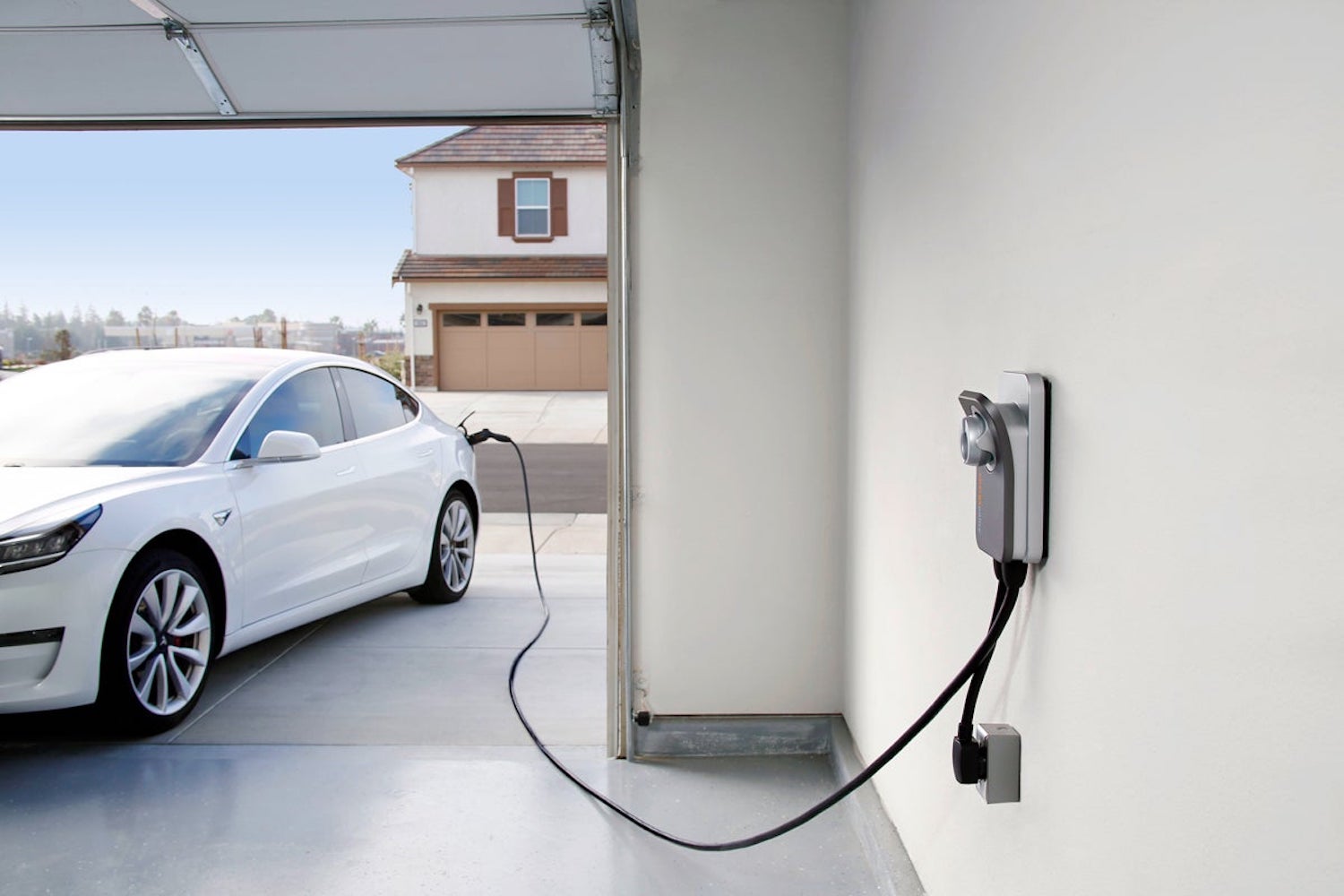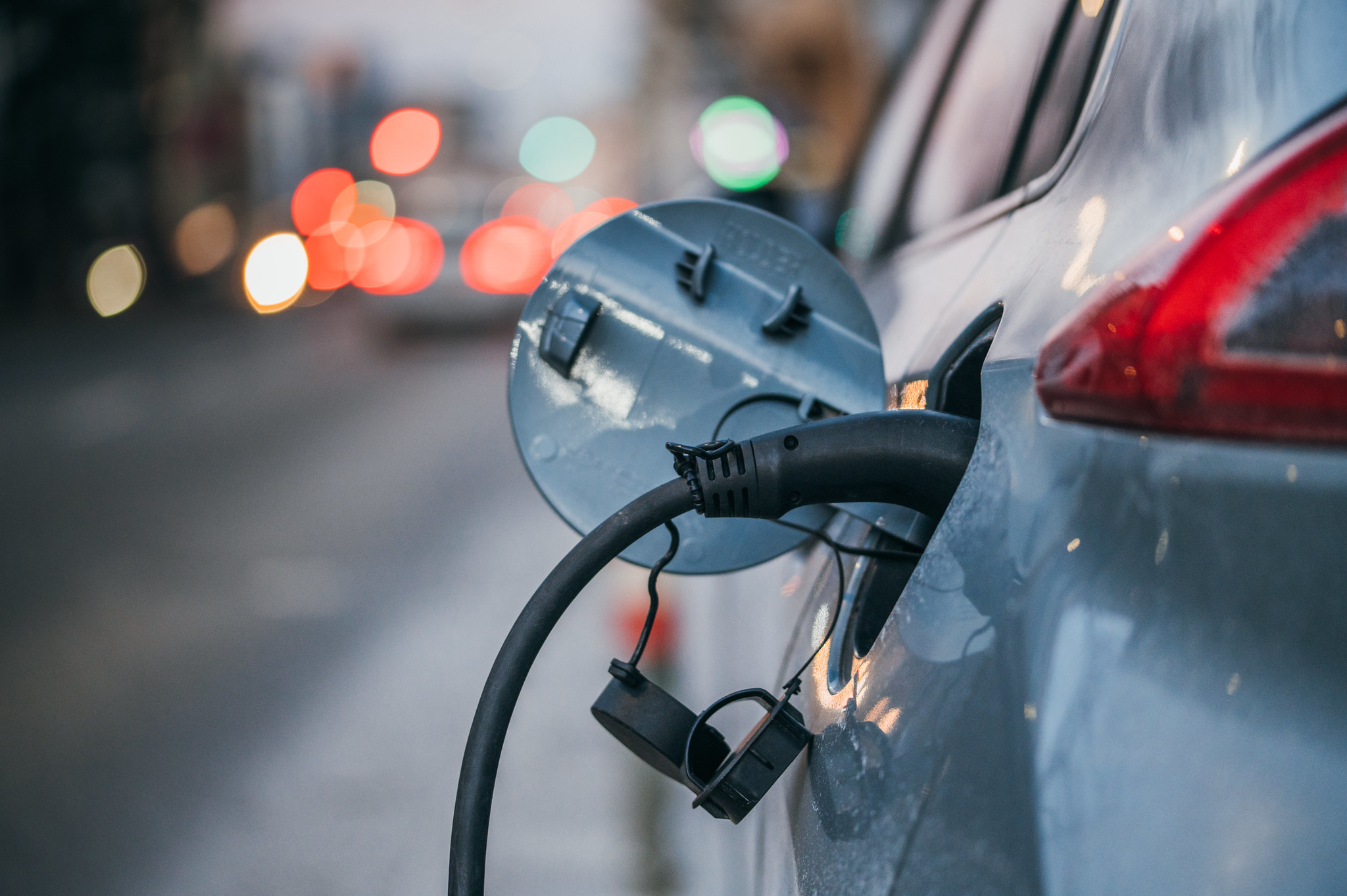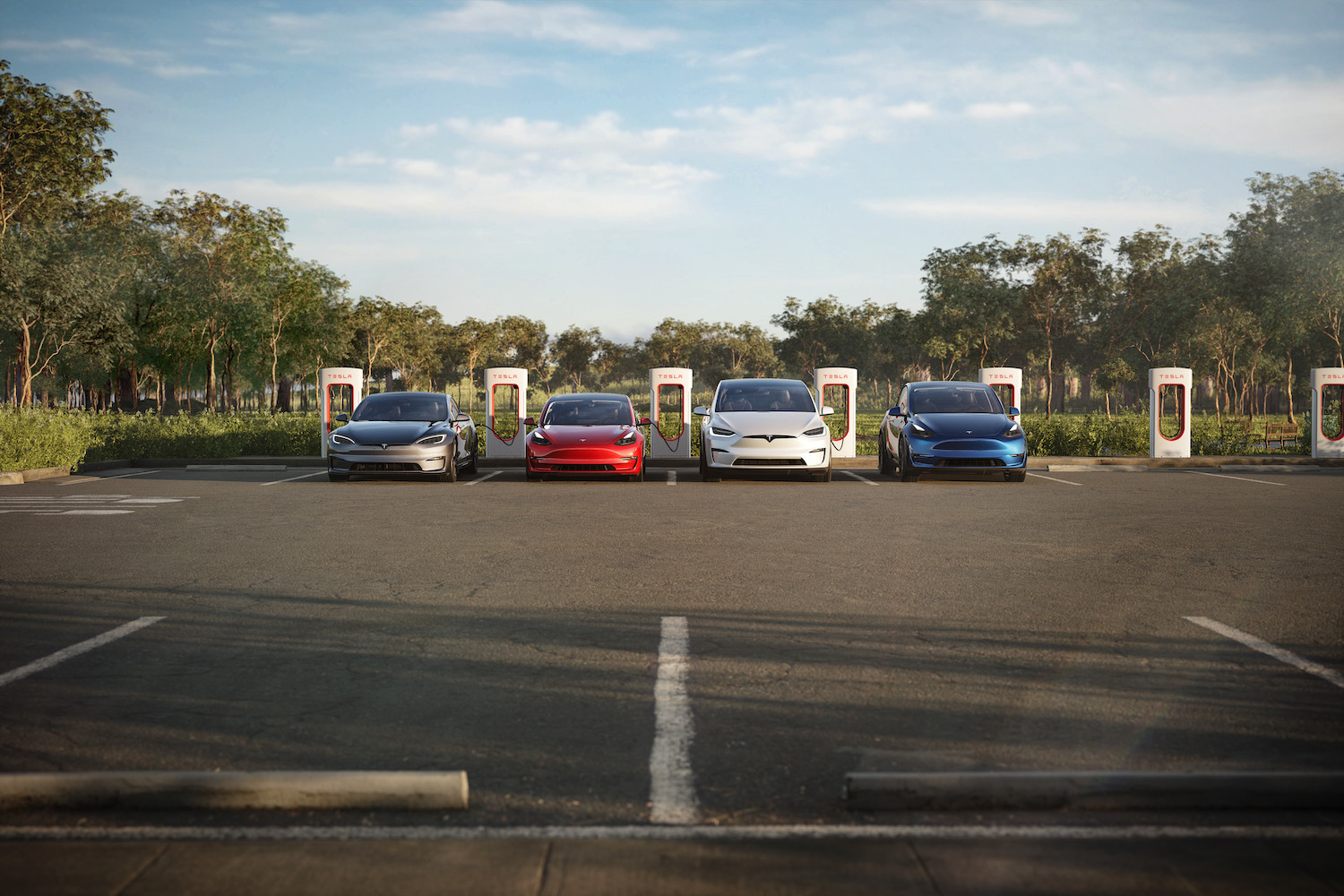
In terms of continental trends that are en vogue, jumping on the EV bandwagon is akin to playing Pokemon Go around 2016 or Wordle a little more than a year ago. Telling someone that you own a Tesla today brings about the same fascination and mix of jealousy and awe that showing off the keys to a Maserati or Porsche did only a few decades ago.
But jumping into the EV game is easier for some than others, even with the new simplified federal tax credit incentives. Despite the discounts, electric cars tend to be significantly higher in terms of base price than their fossil-fueled counterparts. That disparity is even more pronounced with premium models, eclipsing the $12,000 mark for the luxury of electricity.
Beyond just MSRP, SignalandPower.com analyzed the overall cost of owning an electric car compared to the average salary of each state in the U.S. and came up with a ranking of the cheapest and most expensive states to own an electric vehicle. The percentages below represent the percentage of monthly pay. Read on to see if your state makes the top or bottom of the list.

The top three most affordable states to own an EV
3 – New Hampshire – 15.35%
Selling an average of 31 electric vehicles per 1,000 residents in 2022, New Hampshire residents’ embrace of the electric movement seems to be on the rise. However, as of now, NH does not have any tax credits over and above the federal credit; it may not be much longer until the state’s new slogan is, “Live EV or die.”
2 – Massachusetts – 14.97%
Although The Green Monster may currently describe Fenway’s outfield, it may not be long until that title has a different meaning. On top of the federal incentives, Massachusetts also offers substantial incentives on EVs, including up to $3,500 for qualifying used cars through their MOR-EV program. Taking up less than fifteen percent of residents’ monthly salaries to own an electric car, it’s no wonder the Bay State gets the silver medal for going green.
1 – New Jersey – 14.39%
Yes, New Jersey. Really. Aside from Governor Murphy declaring that all new cars in NJ must be electric by 2035, the state has also made a commitment to steadily propagating its EV infrastructure over the last few years. Combined with a $4,000 incentive for buying or leasing a new electric vehicle, it becomes easy to understand why there has been a nearly 40% jump in EV sales for the (now) appropriately nick-named Garden State.

The top three least affordable states to own an EV
3 – Mississippi – 23.41%
Many celebrities like Oprah, Elvis, Jim Hensen, and Britney Spears may hail from Mississippi. Outside of those high rollers, the cost of owning an electric vehicle is the third worst in the country. When it comes to EV purchases, only 9 of these cars were bought per 1,000 people in 2022. So until Mississippi loosens up its dependence on fossil fuels, Hensen’s Kermit the Frog will continue to be the greenest thing we associate with this state.
2 – Arkansas – 23.75%
Coming in as the second-worst state in the Union in terms of EV affordability, the state that is best known for its football team, former governor, and being the home base for Walmart also barely has an electric infrastructure to speak of. With just 412 ports (as of this writing) throughout the entire state, it feels as though Arkansas is being frugal enough with EV owners to make the Walton family blush.
1 – New Mexico – 23.82%
The winning loser of the list is New Mexico. With no additional tax breaks and a lower average salary than most, New Mexico tops the list of highest percentages at nearly 24 percent. While Breaking Bad and Walter White may have put New Mexico on the map with its pizza-covered roofs, it seems EV sales don’t quite share the same sort of popularity, making the state 40th in electric vehicle sales growth for 2022.



